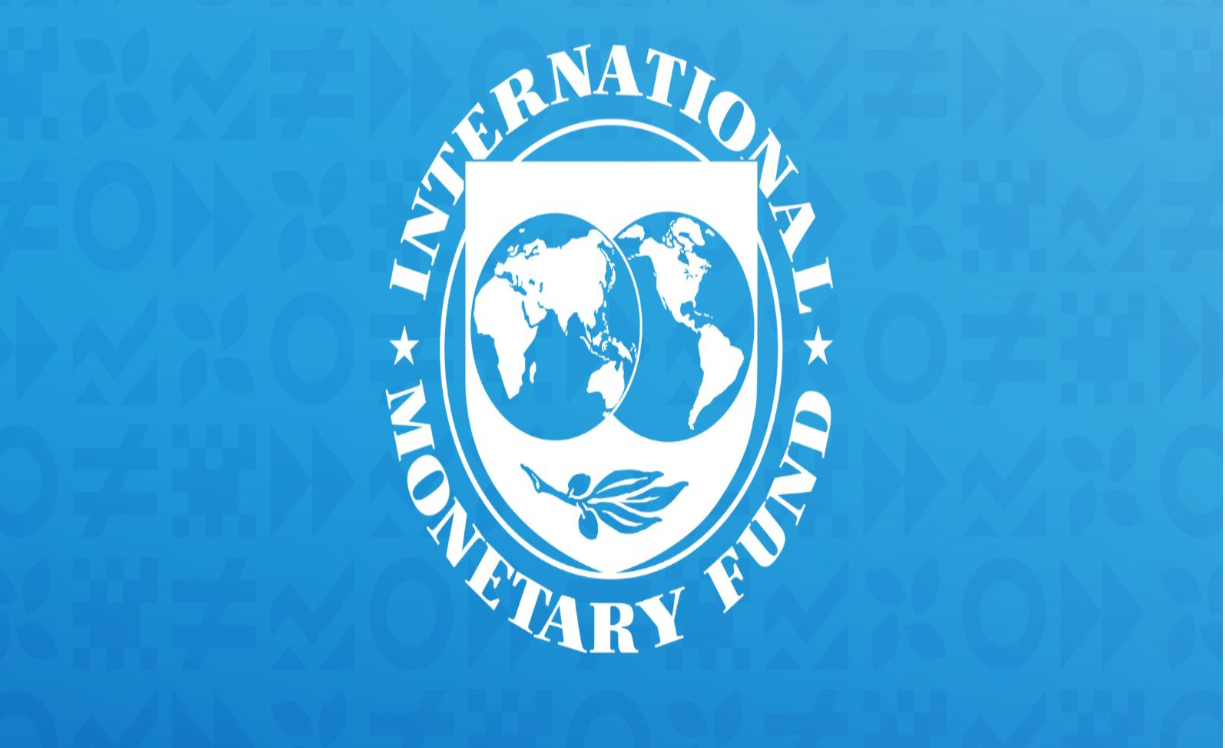The International Monetary Fund (IMF) has warned of a slowdown in global economic output in the coming months, attributing it to the steep tariffs imposed by U.S. President Donald Trump on nearly all trading partners. The announcement came on Tuesday as global finance leaders gathered in Washington to negotiate with the Trump administration to reduce these levies. White House press secretary Karoline Leavitt confirmed that 18 countries have already submitted proposals, and Trump’s trade team is set to meet with representatives from 34 nations this week to discuss tariff adjustments. Trump expressed optimism about reaching a trade deal with China, which could significantly reduce tariffs and boost markets.
Earlier this month, Trump introduced a baseline import tax of 10%, with much higher rates for several countries. However, he temporarily suspended the steeper tariffs for 90 days to allow nations to negotiate less stringent rates. This flurry of negotiations coincides with the spring meetings of the IMF and World Bank Group, where hundreds of finance and trade delegates are focused on easing the burden of these tariffs. The IMF projects that global growth in 2025 will slow to 2.8%, the weakest performance since the COVID-19 pandemic, down from 3.3% in 2024.
The U.S. economy is also feeling the impact, with the IMF forecasting a drop in gross domestic product (GDP) growth to 1.8% in 2025, down from 2.8% in the previous year. Inflation is expected to rise as import costs increase. China, another major casualty of the trade tensions, has seen its growth outlook slashed to 4.0% for 2025 due to the 145% import taxes imposed by the U.S. In retaliation, China has levied 125% tariffs on U.S. goods, effectively creating a trade embargo between the two largest economies.
U.S. Treasury Secretary Scott Bessent has acknowledged that the current trade standoff is unsustainable. Speaking at a closed-door session during a JP Morgan conference in Washington, Bessent expressed hope for a de-escalation in U.S.-China trade tensions but described future negotiations with Beijing as a challenging process that has yet to begin.



